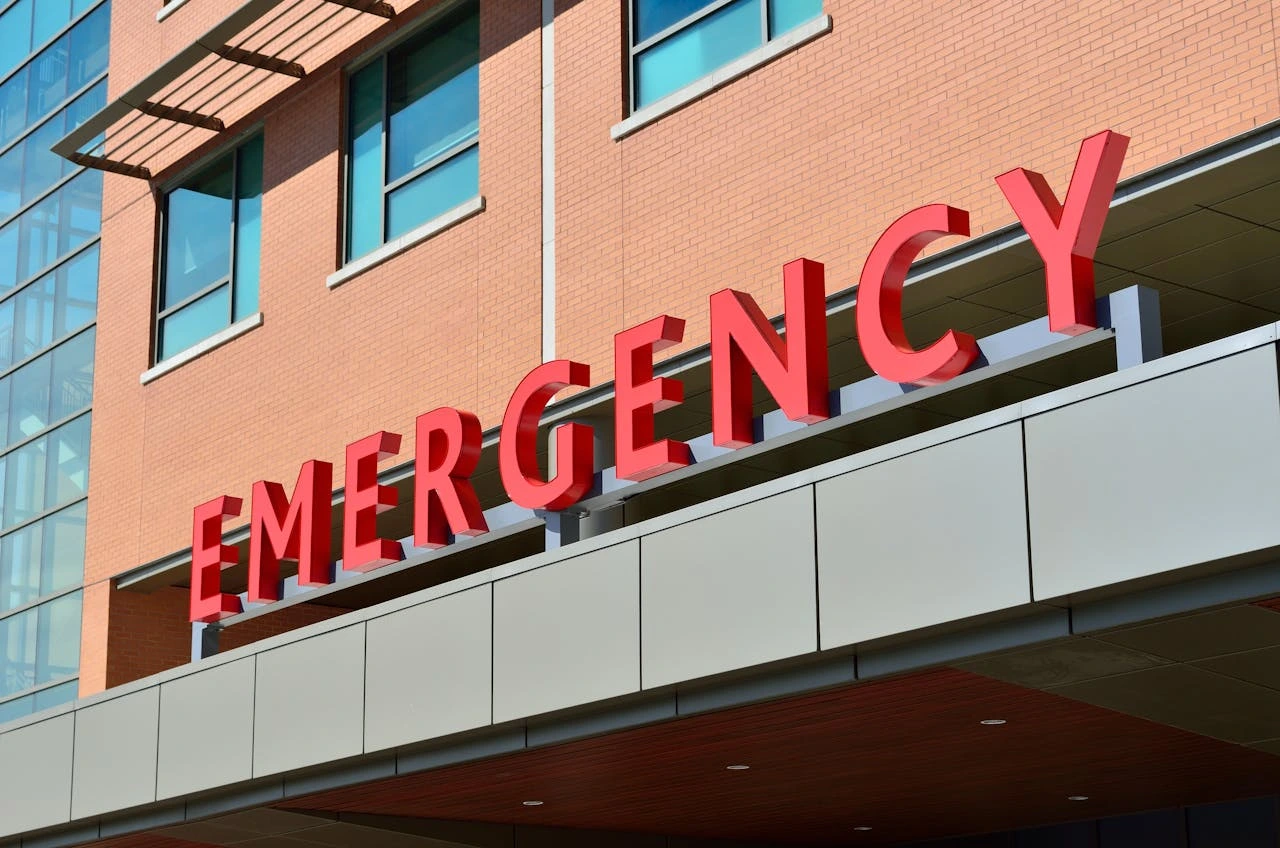
Escalating Attacks on Healthcare Threaten Health Services in Lebanon Amid Conflict
Since hostilities between Israel and Lebanon intensified on September 17, 2024, WHO has confirmed 23 attacks on healthcare in Lebanon, resulting in 72 deaths and 43 injuries among health workers and patients. The assaults targeted 15 health facilities and 13 health transport vehicles, further straining an already overwhelmed healthcare system. Hospitals are struggling to maintain essential services as they face an unprecedented influx of injured people, dwindling supplies, and exhausted staff.
The ongoing conflict, heavy bombardment, and rising insecurity are forcing more health facilities, particularly in southern Lebanon, to shut down. Among 207 primary healthcare centers and dispensaries in affected areas, 100 have closed. Several hospitals have been forced to evacuate or close due to structural damage or their proximity to bombardment zones. To date, five hospitals have been fully evacuated, and another five have been partially evacuated, forcing critical patients, including those needing cancer treatment and dialysis, to seek care at other already overwhelmed facilities. Dialysis centers are running extra shifts to accommodate the influx, despite facing shortages of essential blood testing supplies and staff.
“The situation in Lebanon is alarming. Attacks on healthcare cripple health systems, preventing them from functioning and depriving entire communities of access to services when they need them most,” said Dr. Hanan Balkhy, WHO Regional Director for the Eastern Mediterranean. “WHO is working tirelessly with Lebanon’s Ministry of Public Health to address critical gaps and support essential health services, but what the people of Lebanon need most is an immediate ceasefire.”
In response to the escalating needs, WHO delivered essential medical supplies to Beirut on October 4 and 5, including trauma care, cholera prevention, and mental health treatment kits. The supplies, which arrived from WHO’s logistics hub in Dubai, are sufficient to treat around 100,000 patients and are being distributed to priority hospitals in coordination with the Ministry of Public Health. Efforts are ongoing to secure additional supplies.
WHO is also coordinating with the Lebanese Red Cross and hospitals to stock blood banks with adequate supplies, including testing kits for safe blood donations. To enhance trauma care capacity, WHO is conducting war trauma surgery training for surgeons. Plans are underway to establish trauma centers within referral hospitals and deploy Emergency Medical Teams as needed.
Furthermore, WHO is supporting Lebanon’s Epidemiological Surveillance Unit to expand monitoring of priority diseases, such as acute watery diarrhea and respiratory infections, in shelters for displaced individuals. WHO is also working to connect these shelters with primary health centers to ensure continued health services and the distribution of essential medications.
WHO calls for an end to attacks on healthcare. Health services must be protected, and peace is the only viable solution to ensure the safety and well-being of Lebanon’s population.





